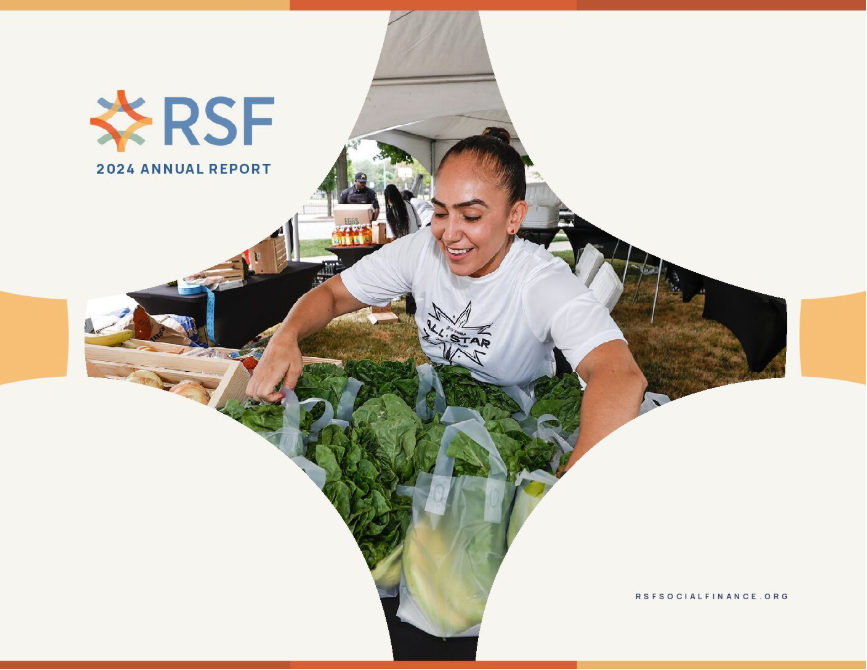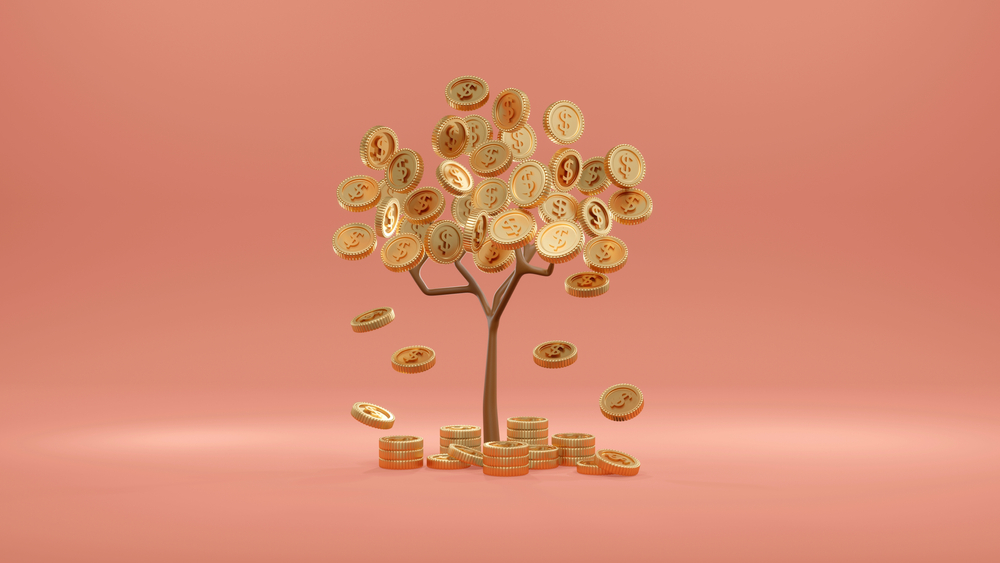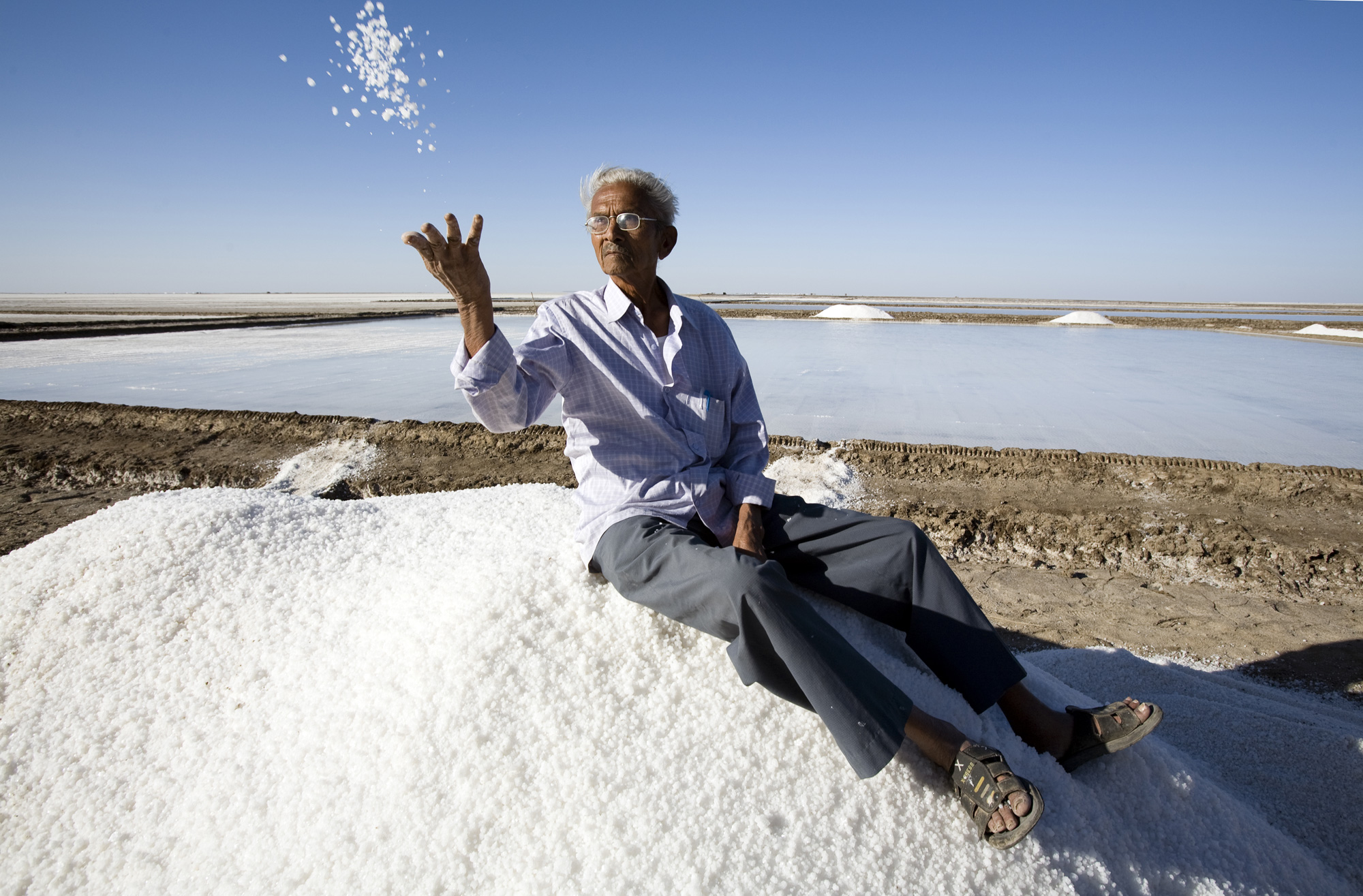RSF’s Kayla Leduc talks with Aisha Nyandoro CEO of Springboard to Opportunities and the innovator behind the Magnolia Mother’s Trust, and donor Hilary Giovale about challenging philanthropy’s status quo, empowering communities, and what this moment requires of us.
Kayla: Aisha, could you please tell us about yourself and your current work?
Aisha: I am deeply rooted and committed to community. I moved back to Mississippi 12 years ago to do the work of community change, rebuilding, and creating opportunities for the community members’ voices to be heard and elevated.
I have led Springboard for Opportunities for the last eight years where we center the needs of individuals into the solutions and programs that are being designed for the community. Springboard to Opportunities provides programs and services for families that live in federally subsidized affordable housing and we’re radically resident-driven. In this time of simultaneous crises, everything we do is in partnership with our residents, and is in service to them advancing their lives in some way. I’m passionate about this work because it allows me to show up, be in relationship with individuals, and really get to know folks, which is more challenging in this virtual connection, but still vital.
Kayla: Can you also share a little bit about Magnolia Mother’s Trust?
Aisha: Through Magnolia Mother’s Trust (MMT) we provide a guaranteed income, which centers the narrative of economic justice and economic inequities from a racial and gender equity perspective.
MMT provides $1,000 dollars a month for 12 months to extremely low-income Black mothers that live in federally subsidized affordable housing. We started this work in 2018, before the idea of a universal basic income was widely talked about.
We started with a pilot of 20 mothers because raising resources was difficult, plus we needed to provide a proof of concept since we were the first to work with an extremely low-income population-these families make less than $12k a year. Because of the “benefits cliff” we needed to make sure that we were doing good without doing harm and that families would not be kicked off necessary subsidies.
We’re now in the second iteration of this work, in the midst of a pandemic, and we have 110 women receiving $1k each month for 12 months.
It has been amazing to see in real-time what having money does beyond consumer sovereignty. Yes, bills can be paid but this guaranteed income allows people to continue to dream. They can be optimistic about their future rather than stress out about how to deal with childcare as they continue to work. This is very different than what we are hearing from other women that we work with who aren’t participating in this guaranteed income.
Kayla: Can you share more about how this has evolved and adapted given the current health economic and political climate?
Aisha: The work of Springboard has evolved, and we see more need to address economic stability. Prior to COVID a lot of our work was about economic security, including guaranteed income, children’s savings accounts, and workforce development. In addition to monthly guaranteed income, since COVID we have provided $500 disbursements to 400 families for a variety of immediate needs. Within our 11 affordable housing communities we also offer food and diaper bank deliveries through our community partners.
While we address immediate needs, we are also having conversations about how to sustain our communities beyond the present COVID crisis. The arch of this pandemic is long, and it has been unpredictable and changing. For the long haul, we are ensuring that our staff has the skills and tools necessary to lead this work, establish partnerships, and respond to the needs of our communities.
Kayla: It’s incredible how your work has been pivoting and expanding during this time.
Aisha: Part of this long-term work is changing the narrative about poverty and shifting from the moralism of poverty to centering on the needs of families. And narrative is important. Most “essential workers” are not consulted in decisions that directly affect them. Because they are not being supported in telling those stories, the information is being extracted from them in the telling of their story, and then others act as authors.
We are now trying to do a storytelling lab to support and train individuals in the art of storytelling, whether that’s verbal or writing an op-ed. Most Americans do not understand what it means to live in poverty in this country. The only way that can change is to shorten that gap, which requires hearing authentically from those impacted individuals. They are empowered to tell their stories we are just helping to make sure they are equipped to tell their stories and own their voices.
Kayla: Hilary, can you introduce yourself and share a bit about how you’ve been working with RSF?
Hilary: I’m a ninth-generation American settler. I live on Hopi, Havasupai and Diné land in the place that’s now called Flagstaff, Arizona next to a mountain that is a being of kinship. I’m a mom, dancer, community organizer, and writer. I love to cook, and to be in relationship with people.
I’ve been working with RSF for almost a year, mostly through a donor advised fund. RSF has helped us find different ways of moving money and connected us with organizations we wouldn’t have known about otherwise.
Kayla: Can you share a bit more about what’s enabled your philanthropy?
Hilary: I grew up in a middle class family that is committed to social justice. I married into a family that leads a multi-generational business. My in-laws have always been active in philanthropic work, and they invited my husband and me to participate with their family foundation.
Kayla: Can you share your approach to giving now and your own personal journey with money? Do you have giving strategy that you work with?
Hilary: When my husband and I started philanthropic work, it was in tandem with building relationships with Indigenous people and communities. Indigenous cultural values have informed our process. When I met Edgar Villanueva (author of Decolonizing Wealth) I learned that less than 8% of philanthropic dollars go to communities of color. Our strategy has developed into directing funding primarily to communities of color, specifically Black and Indigenous communities. We do this by building relationships, really listening, and by following the leadership of those communities.
Kayla: I know you’re also working on a book, Becoming a Good Relative. Can you tell us about it?
Hilary: It has been a journey, and an important part of it was having ancestors who started to get in touch with me. Eventually, I discovered a book of family genealogy that my great uncle had written. That’s where I learned that I am a ninth-generation settler. Some of my ancestors received grants of stolen land in North Carolina, and later enslaved people in Mississippi.
Learning this brought up overwhelming grief, created an identity crisis, and disrupted my worldview. I realized that it was happening for a reason, and that I would be part of the generation to unpack it, speak about it honestly, and try to heal this legacy as best I could.
Kayla: You’ve expressed interest in participatory grantmaking* processes-what draws you to these modes of grantmaking as a donor?
Hilary: Our economy was designed to concentrate wealth and power into the hands of a few, and this pattern has been replicating itself for centuries. Today, I see an opportunity to change this pattern. One way is to embrace giving practices that are grounded in reparations and mutual healing.
We’re engaging with different models of grantmaking and philanthropy that return decision-making power to the communities from which it was taken, through historic harm and ongoing systemic inequity. I was excited to learn about participatory grantmaking and offer some resources toward reparative action in Mississippi, because of my family history on that land. I’m grateful that RSF helped facilitate connections to the important work Aisha and her community are leading in Mississippi.
Kayla: Aisha, as a nonprofit leader in the region you’re bringing your expertise and co-leading this Shared Gifting Circle** with us. Can you share why you were interested in co-creating the circle with us?
Aisha: I was honored that you all reached out for the opportunity, and grateful that there was someone who was interested and doing a Shared Gifting Circle in Mississippi. I’ve been able to strategically think about who is doing some of the best work within this region that could use this support. I’m thinking about support in two terms: financial support, but also the communal support.
Kayla: What was your process for identifying the different organizations to participate in the circle?
Aisha: We are focused on the challenges that families are facing right now. With the COVID crisis, so much of what has been invisible within society is now very visible. There are huge health disparities and COVID has been ravishing African American communities at alarming rates. We think about advocacy, community voice, and who is helping individuals understand the power of their voices and voting. I think of access to capital and how to support entrepreneurs in our community during this time of financial uncertainty. We’ve tried to pull all these pieces together to come up with some collective power and strategic forward momentum, not just for this moment, but also for the long-term.
Kayla: Aisha, something that you’ve said which has stuck with me is that work is happening on the ground and donors and money just need to match the momentum. As a nonprofit leader, do you have any feedback for people working in philanthropy? What is needed from donors to meet the momentum of these times?
Aisha: I need donors to, quite frankly, do their own work. I think much of what holds up their process is the inability to recognize that your own work is required in order to liberate your capital. I’m not saying this flippantly because it’s hard and requires self-awareness to be in tune with your wealth and your money story and to be comfortable with being honest and authentic in liberating yourself from that.
In this moment there is so much work that is necessary and we do need money moving relatively quickly, and donors need to be willing to invest in unknowns, innovation, and pieces that might have previously scared them. Those that are truly in tune with their purpose are more willing to take that leap of faith.
Kayla: Hilary, as someone who has done a lot of personal work around your money story and your family history, what advice do you have for donors who are interested in exploring some of these topics?
Hilary: I would echo what Aisha said about doing our own work. I can share some things that have been useful in my process. A few books I recommend are An Indigenous People’s History of the United States by Roxanne Dunbar-Ortiz; The Half Has Never Been Told, by Edward E. Baptist, about slavery and the making of American capitalism, and Decolonizing Wealth by Edgar Villanueva, about the oppressive dynamics in philanthropy and finance.
One important pillar of doing our own work is learning what really happened in American history. Many of us were taught a version of history that seems innocent, idealized, and benevolent, which it wasn’t. The accurate version is disturbing and heart wrenching. Those of us who come from settler families need to learn how to move through guilt and shame, because it’s not going to get better until we look at our history and deal with it. I’ve found that it’s important to have a grounding spiritual practice, because this process can be heavy and disorienting.
I think that building trustworthy relationships and making reparations is how we will eventually heal from the wounds of colonialism and realize mutual liberation. We have to reach out with humble inquiry, listening and supporting what’s being asked of us at this critical time.
*Participatory grantmaking hands over power to nonprofit leaders, social entrepreneurs, or community leaders with lived experience in a particular field.
**Shared Gifting Circles bring nonprofit leaders together to review each other’s proposals, ask questions, and decide how to distribute financial resources among themselves.


